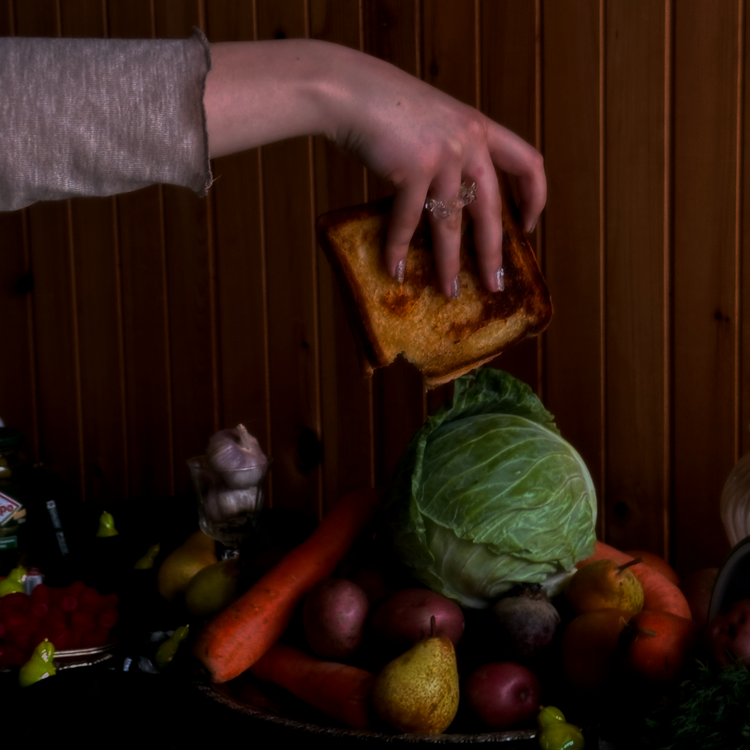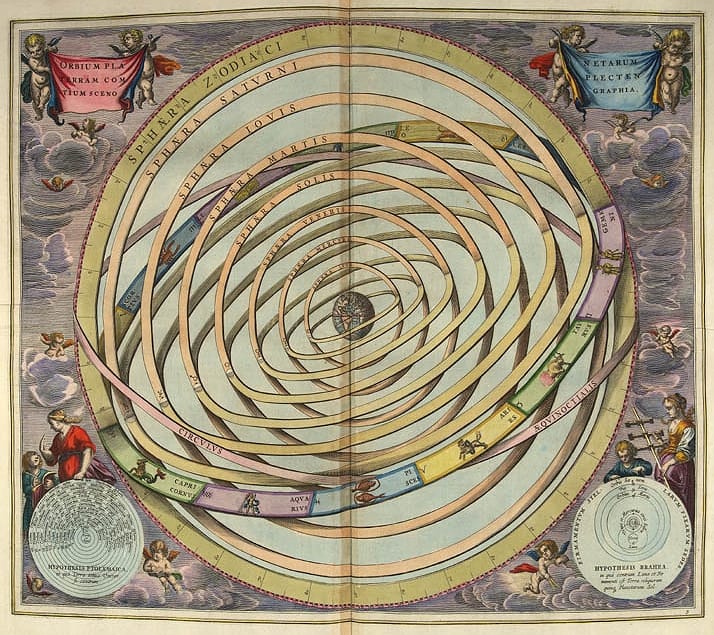Gifts, Shiny Trinkets, and having fun when it feels wrong to have fun

Dispatch #5 | April 10, 2025 | Luisa Ji
The trinket economy is based on small, often inexpensive, objects that are also oftentimes mass-produced and consumed. These mass-produced objects shouldn’t exist as they are cheaply made and disposable. They hold little meaning as a standalone. However, through acquiring these items, trinkets tend to become vessels of memories—souvenirs, a little stuffy from the claw machine, or a pack of parody trading cards you spend real money on as a joke. Having recently sunk $40 (collectively, among friends) into a claw machine, I, too, question if that one plushy was worth the price. It was nonetheless, fun and a temporary redirection of other burdens in life—like blind boxes, going to a new city, trying a new dish… Sending friends reels and memes around is likened to passing trinkets and small gifts, but it keeps us on platforms that we are all thinking of leaving (but cannot, for reasons of friendships on the internet). These small acts of gifting, especially in things with little monetary value, present themselves as a less burdensome way of keeping relationships alive.
Gifts, in a broader sense, have become very pragmatic. Even in the language of funding in the cultural sector, funding opportunities with many strings attached have often been phrased as gifts and generous support. Artists engage in constant self-censorship to be able to continue receiving gifts of substantial amounts to continue producing. Non-institutionally funded artists directly receive support from their fans, who purchase their art (often mediated by another organizational or corporate entity), and are also subjected to this pressure. Boygenius responded to fans wanting them to perform in fan-friendly ways with Bite the Hand, repeating "I can't love you how you want me to." Rather than sitting with art and other beautiful moments afforded in art, consumption-centred interactions between artists and their audiences incentivize the demand “I’m paying you; therefore, you should serve me how I want you to serve me.” Cultural production beholden to those who put money into it is inherently transactional and no longer relational.





